The already-sullied reputation of Nigeria’s Police Force is in for more beating, as a public survey released Tuesday by Socio-Economic Rights and Accountability Project (SERAP) revealed that the Nigerian Police is the most corrupt institution in Nigeria.
According to the survey, of the five major public institutions surveyed, the police emerge as the most corrupt, with the power sector identified as the second most corrupt in the country today.
Other public institutions identified as corrupt by 70% of Nigerians surveyed are: the judiciary, education and health ministries. The survey reveals that the level of corruption has not changed in the last 5 years.
The latest report by SERAP entitled Nigeria: Corruption Perception Survey was launched today at the Sheraton Hotels, Lagos.
According to the survey, “a bribe is paid in 54% of interactions with the police. In fact, there is a 63% probability that an average Nigerian would be asked to pay a bribe each time he or she interacted with the police. That is almost two out of three.”
The chair of the report launch Professor Akin Oyebode said: “Nigeria is looked upon as a giant of Africa. Yet Nigeria could not conduct free, fair and credible elections. It is a smear on the image of Nigeria. If we do away with selective enforcement and condonation of corruption, we will build and live in a better society. Corruption is a refined form of stealing. The politicians are stealing our common patrimony. Development of the people is almost inversely proportional to the level of corruption.”
The report read in part: “Corruption remains a significant impediment to law enforcement, access to justice and basic public services such as affordable healthcare, education, and electricity supply. Several Nigerians have to pay a bribe to access police, judiciary, power, education and health services. Corruption is still a key concern in the country with 70% of Nigerians describing the level of corruption as high and in the same measure, stating that corruption levels either increased or remained the same in the last five years.”
“The national survey carried out between September and December 2018, covered the police, judiciary, power, education and health sectors to assess the state of corruption in law enforcement and public service provision.”
“From the analysis of the anti-corruption legal and institutional framework in Nigeria, the following cross-cutting issues emerged: there is lack of political goodwill to consistently enforce the different anti-corruption laws; inadequate funding for the various anti-corruption agencies; weak public support and/or ownership of anti-corruption initiatives; poor clarity of roles between various anti-corruption agencies; and public perceptions of politicisation of corruption arrests and prosecutions.”
“Bribery experiences were interrogated and recorded in the key sectors of education, health, the police, judiciary and power. Data analysis was conducted under five different and interrelated variables. There was a 63% probability that an average Nigerian would be asked to pay a bribe each time he/she interacted with the police. The likelihood of bribery in the power sector stood at 49%. With the chances of encountering bribery at the judiciary, education and health services standing at 27%, 25% and 20% respectively.”
“The police were the most adversely ranked on this indicator. For every 100 police interactions reported by the respondents, there was a bribe paid in 54 interactions. The prevalence levels stood at 37% in the power sector and 18% in education,17.7% in the judiciary and 14% in the health sector.”
“51% of the individuals that paid bribes to the police and 35% to the power sector believed this was the only way to access the services sought from the institutions. The ranking of the education sector and the judiciary was less adverse with 16% perceiving bribery as the main avenue of accessing services in the institutions, and health services recording 13%.”
“The police and judiciary had the largest proportion of total bribes paid at 33% and 31% respectively. Bribes paid for education, power and health services accounted for 19%, 10.9 and 5% respectively of all bribes reported. The average amount of bribe paid by the respondents was highest among those who paid to the judiciary at about Naira 108,000 (US$ 298). All the other institutions ranked lower on this variable with Naira 12,253 and 11,566 reportedly paid to the police and education sectors, and Naira 6,462 and 5,143 paid for health and power services respectively.”
“Perceptions on corruption trends in Nigeria show almost 70% of the respondents perceived the current level of corruption as high compared to 15.5% that felt it was low. 70% of the respondents said corruption levels either increased or remained the same in the last five years. Only a quarter of the respondents felt corruption reduced in this period.”
“About 41% of the respondents projected that corruption will either increase or remain the same in the next year. About a third of the respondents (31.5%) believed the ruling elite are pursuing their selfish interests only therefore corruption levels will increase into the future. Additionally, about a quarter of the respondents (24.9%) believed the current anti-corruption efforts are not comprehensive enough. The poor state of the economy was also seen as a driving factor to increased corruption at 17.2%.”
“Respondents identified poor coordination among the different state players as a key obstacle at 18.4%. Lack of political will from the government and weak public support were ranked second at 12%. Civic action against poor governance: 54.8% of the respondents reported that they had not taken any action against poor governance. That more than a half of the respondents were unwilling to initiate action is alarming and points to low confidence levels that appropriate measures would be taken even if the respondents took action.”
“This assumption is buttressed by the finding that 82% of the actions taken were either not responded to or deemed sufficiently appropriate. Low civic action may also indicate low levels of public awareness on what redress mechanisms exist or how to access them.”
“The Federal government should establish an independent commission of inquiry to conduct a transparent, comprehensive, and impartial investigation into systemic corruption within the Nigeria Police Force, judiciary, and the ministries of power, education and health.”
“The Inspector General of Police should receive and investigate complaints of bribery and corruption against police officers filed by members of the public. The police should liaise with community leaders and civil society organisations in regard to incidents of police bribery and corruption within the community.”
“The Chief Justice of Nigeria and the National Judicial Council should identify and review all outstanding cases of judicial corruption and refer such cases to appropriate anti-corruption agencies. They should apply the Code of Conduct for Judicial Officers in a consistent and transparent manner, with full respect for the fundamental guarantees of fair trial and due process.”
“The Chief Justice of Nigeria and the NJC should publish annual reports of all activities involving the judiciary, including expenditure, and provide the public with reliable information about its governance and organisation, including the number of judges found to be corrupt, as well as ensure that the Chief Justice of Nigeria and all other judges make periodic asset disclosures.”
“The National Assembly should move swiftly to amend the Code of Conduct Bureau and Tribunal Act to ensure public access to asset declarations made by public officials, and urgently pass the Proceeds of Crime Bill, the Whistleblowers Bill, and the Witness Protection Bill among other relevant pieces of legislation.”
“The National Assembly should immediately publish all reports of investigations on corruption and corruption-related matters in the judiciary, education, power and health sectors among others that have been conducted by the National Assembly since the return of democracy in 1999.”
“A positive legacy by the in-coming administration on 29 May 2019 and the recently appointed Inspector General of Police will mean improving accountability of the police, and proactively working to end all forms of corruption within the rank and file of the police. The Inspector General of Police should streamline and prioritise internal control mechanisms by establishing an Ethics and Integrity Unit at each police station. The unit should include a human rights officer, an anti-corruption officer, and an officer responsible for service delivery complaints.”
“The survey targeted a total of 2,655 respondents selected from seven states spread across the six geo-political zones of Nigeria and the capital city of Abuja. The sample was proportionate to population size across these zones. The survey covered the police, judiciary, power, education and health sectors to assess the state of corruption in public law enforcement and service provision.”
“Data for the survey was collected through a survey among ordinary citizens picked through simple random sampling of Nigerians above 18 years; in-depth interviews with key governance experts including representatives of national anti-corruption bodies, trade unions, the business community, media, lawyers, academia, people living with disability and university student leaders; and a review of the legal and institutional frameworks guiding anti-corruption efforts in Nigeria to assess their effectiveness.”





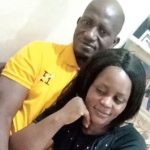


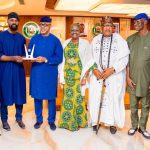









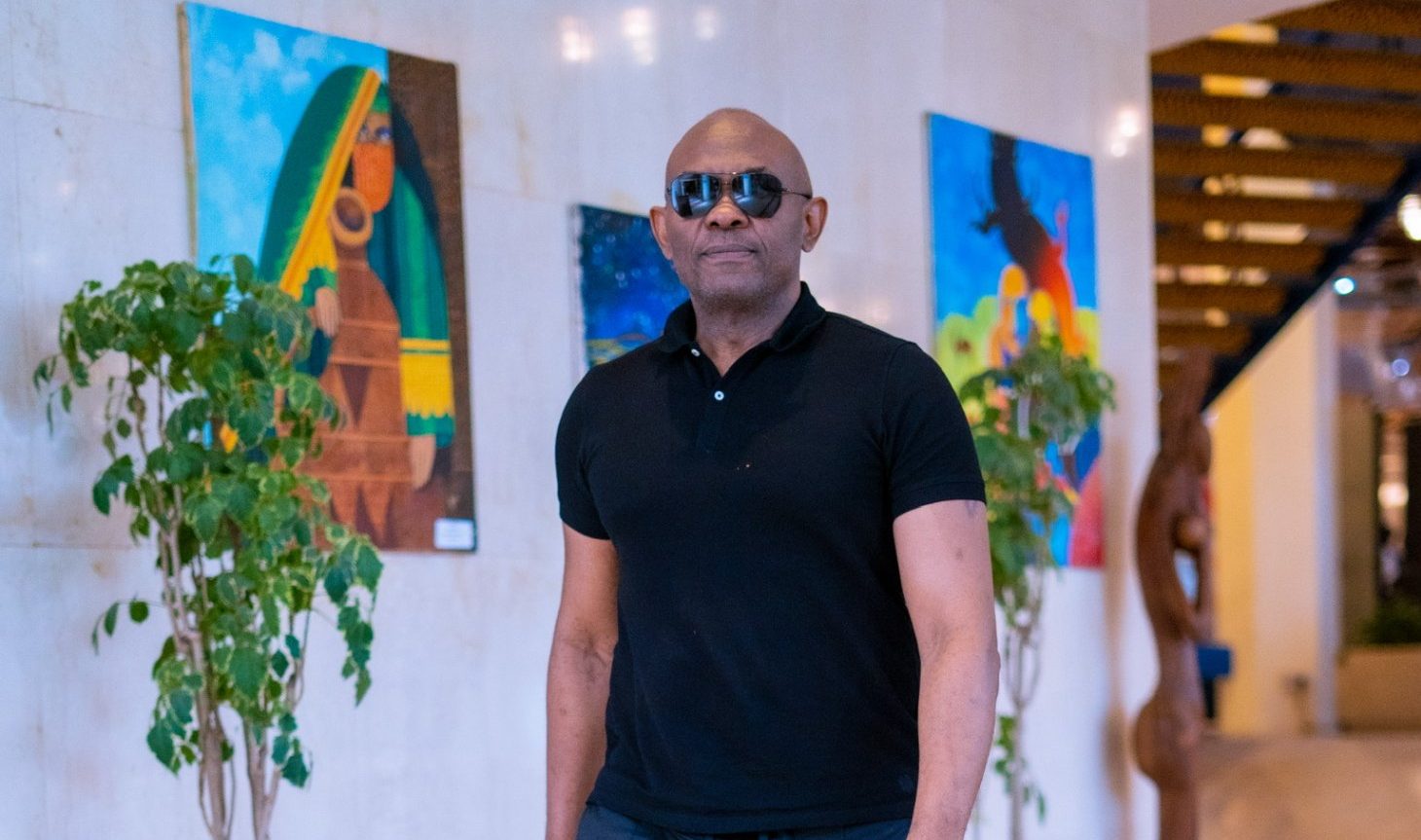
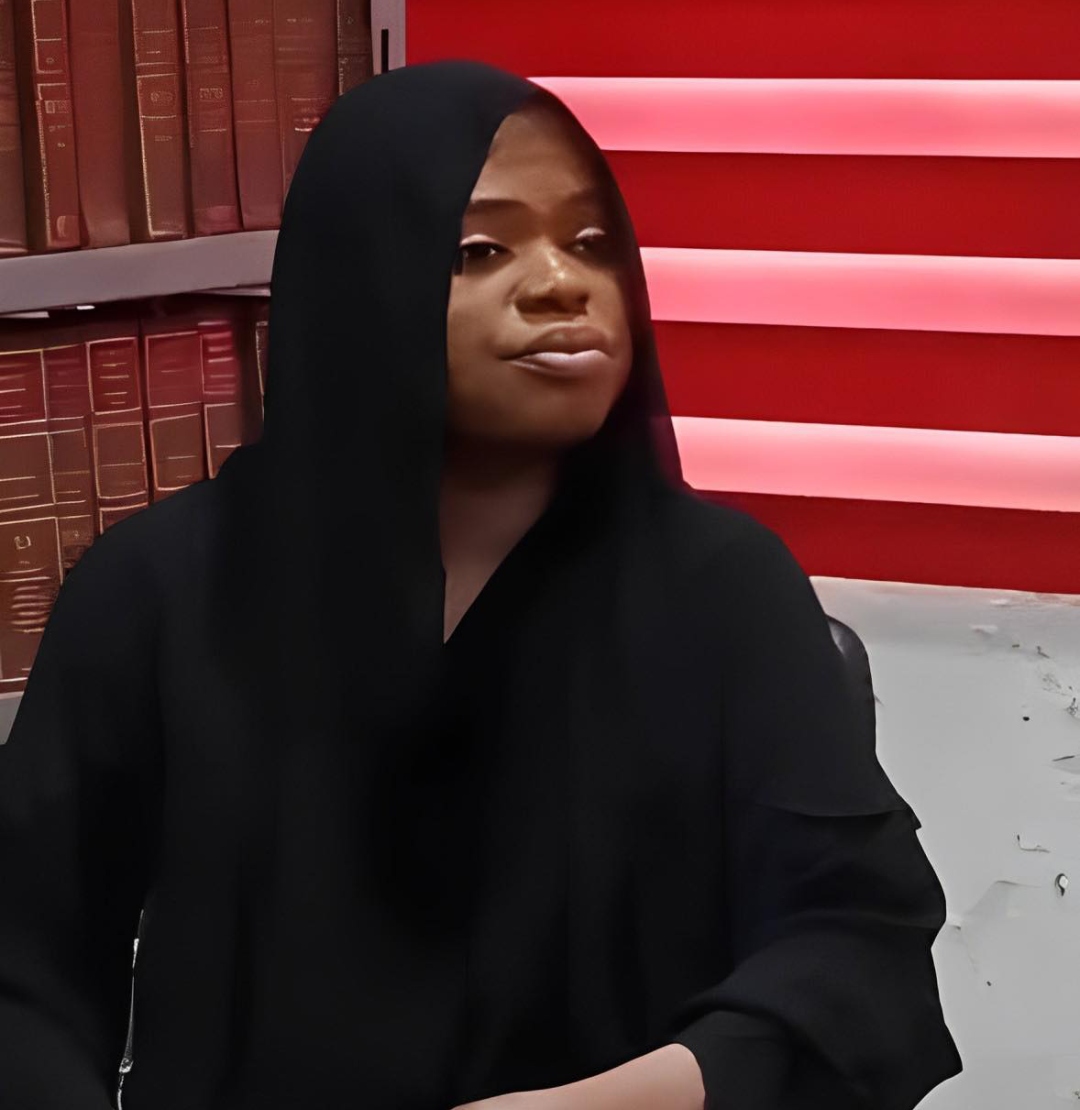
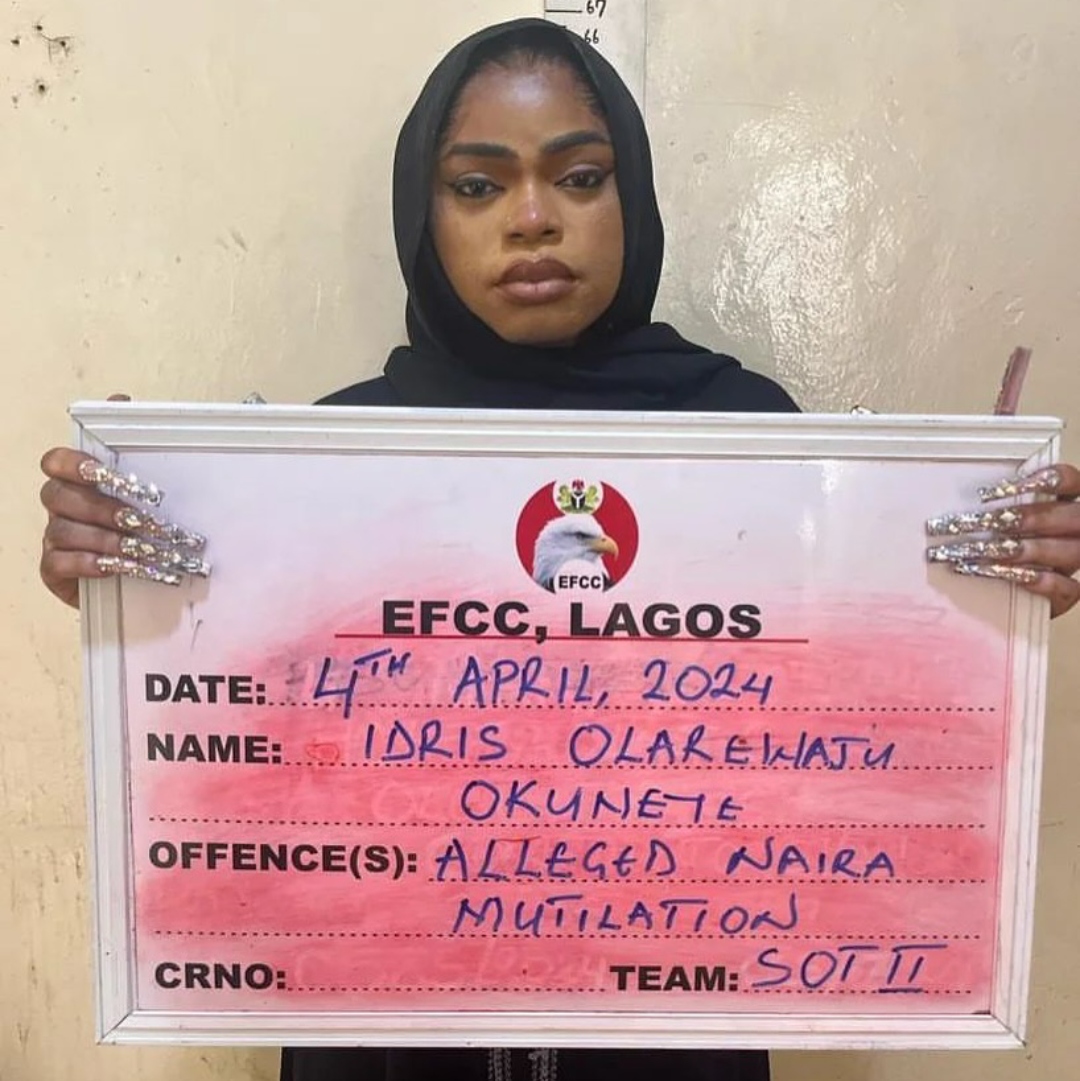

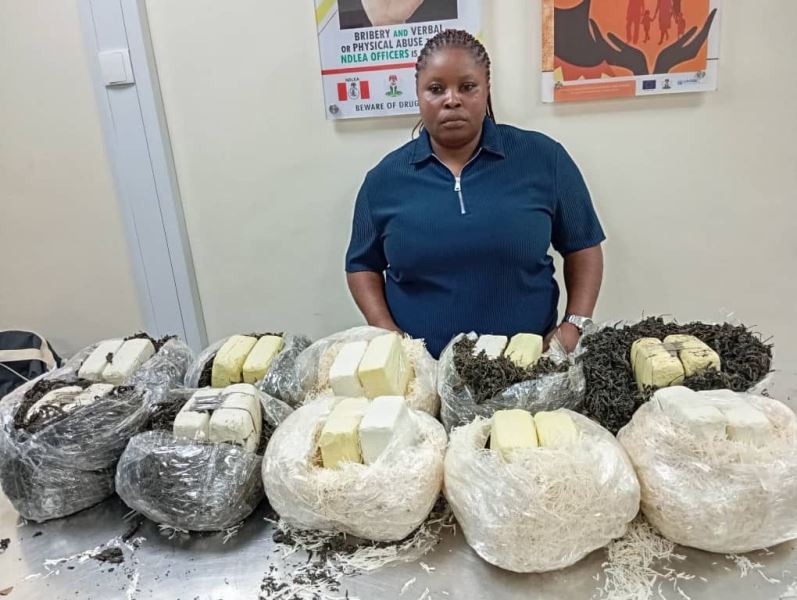

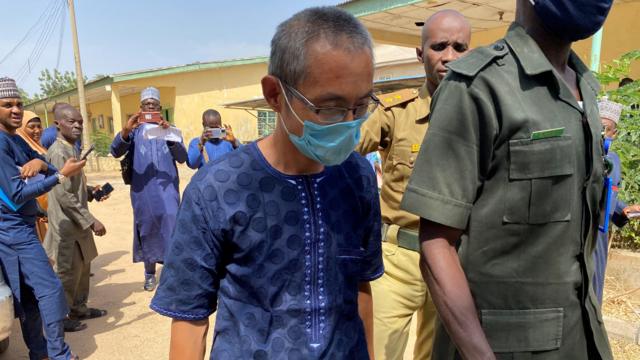
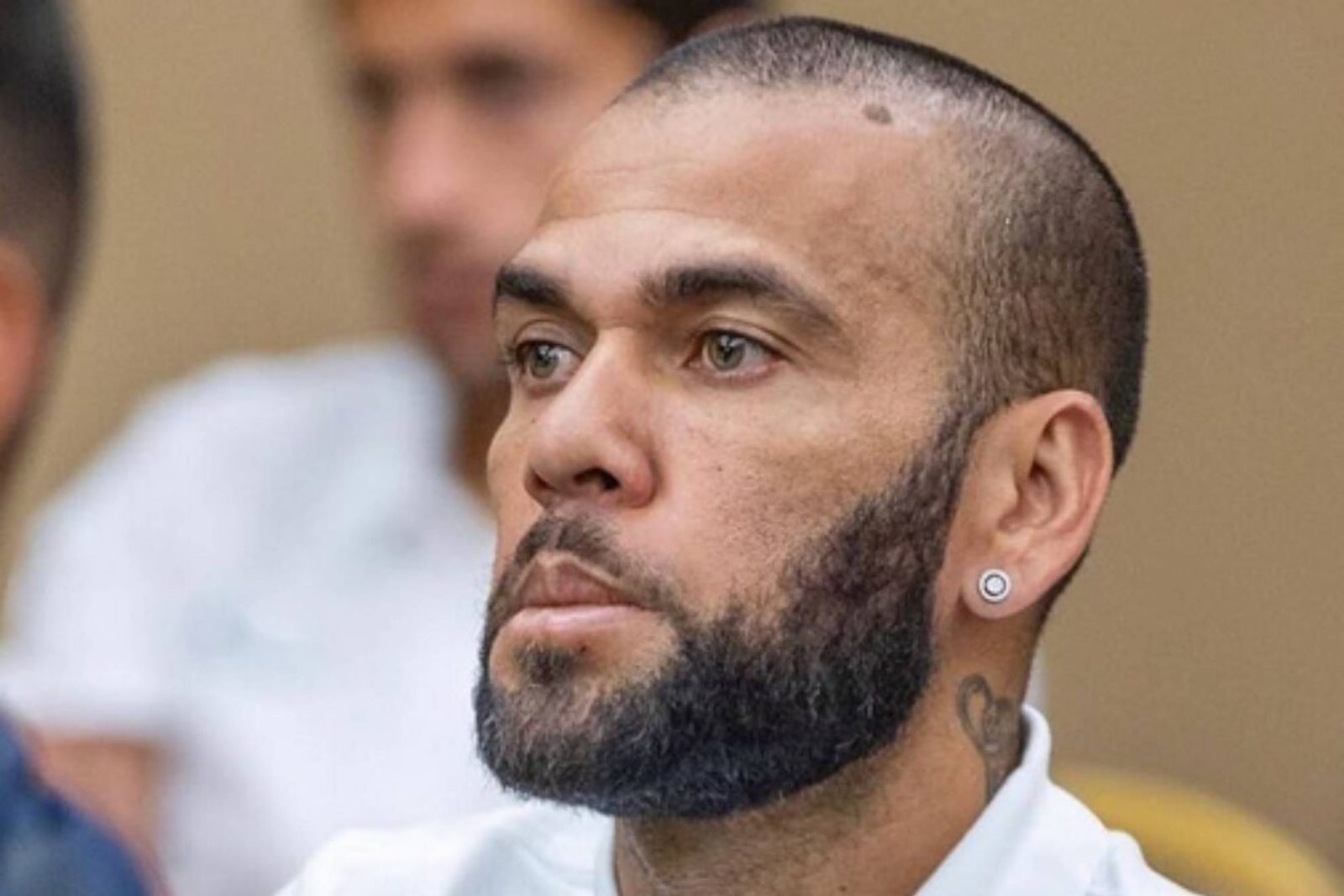


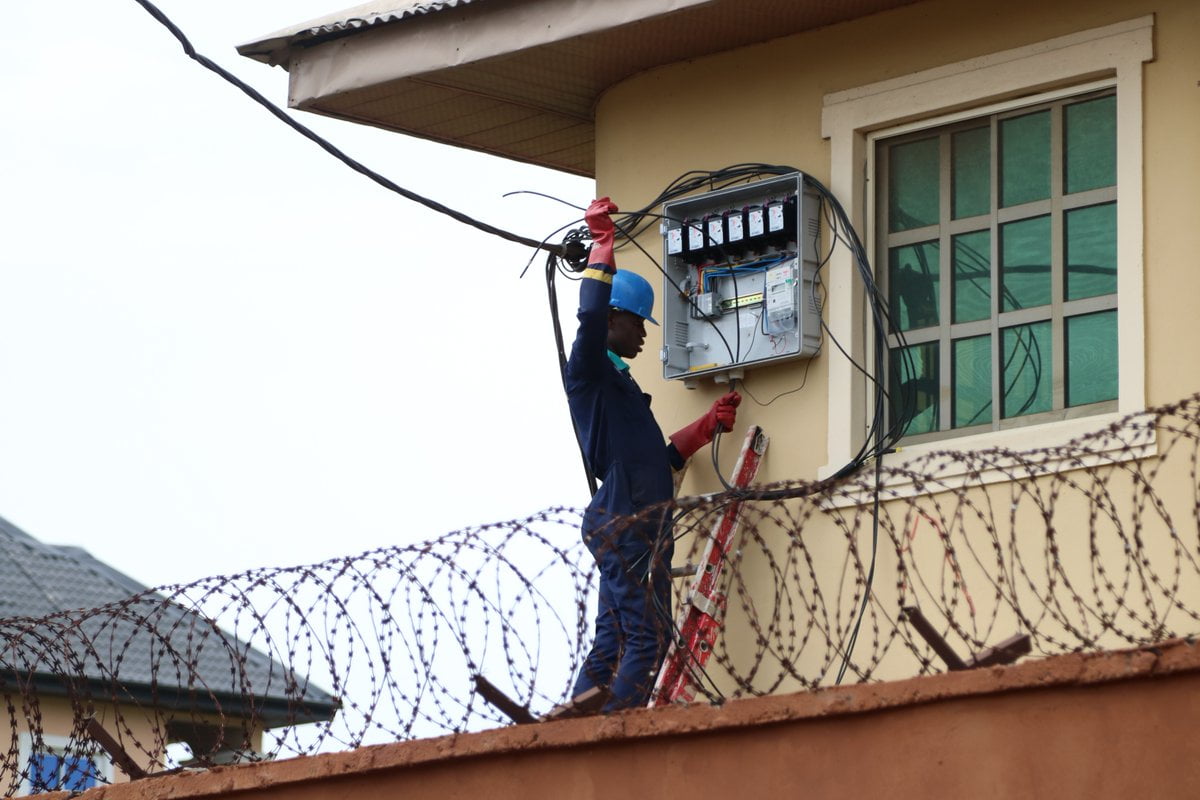
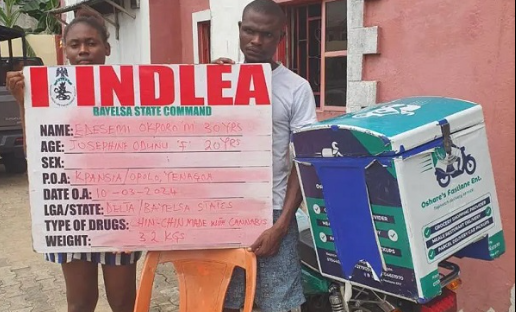
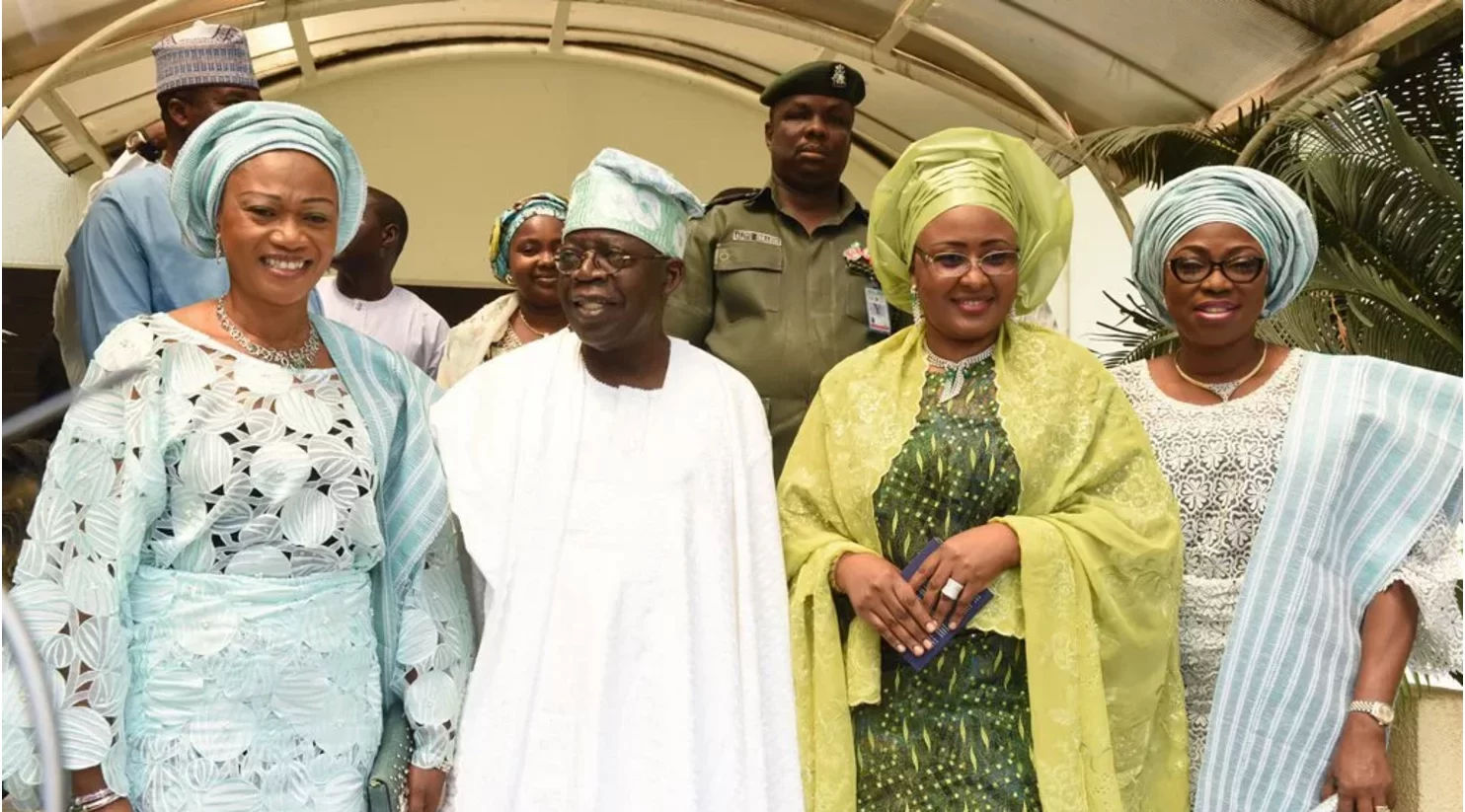


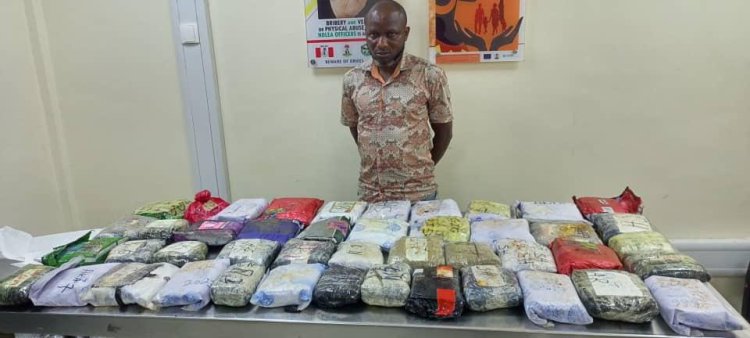
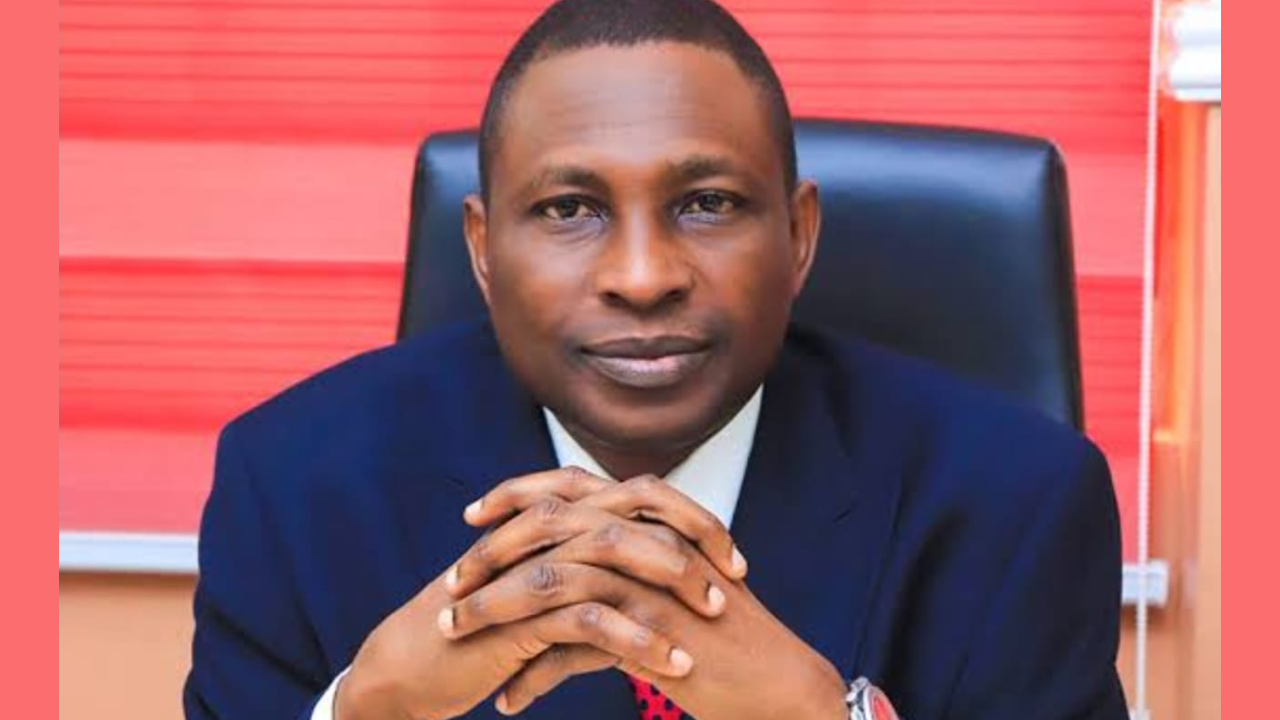
Leave a comment